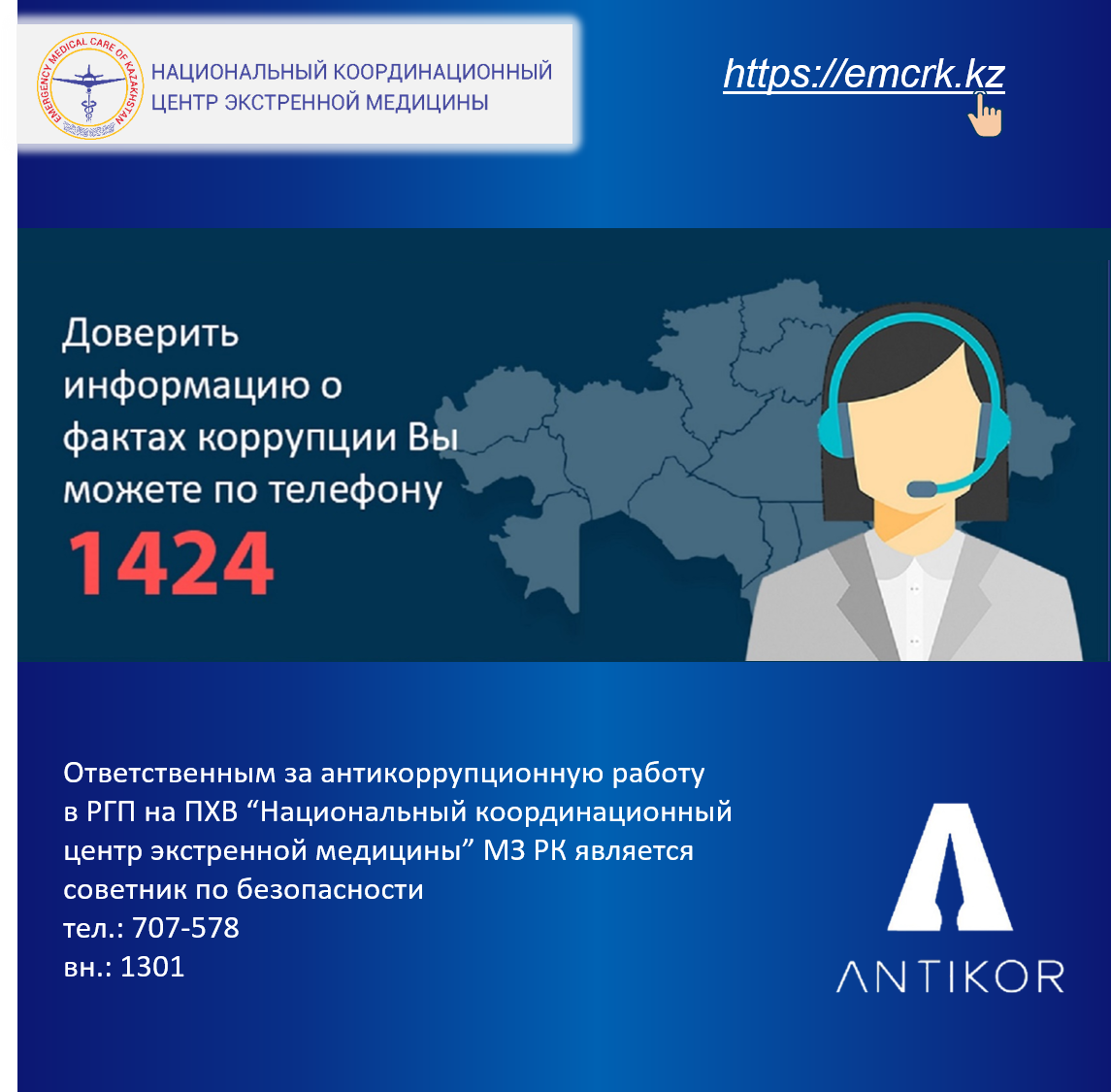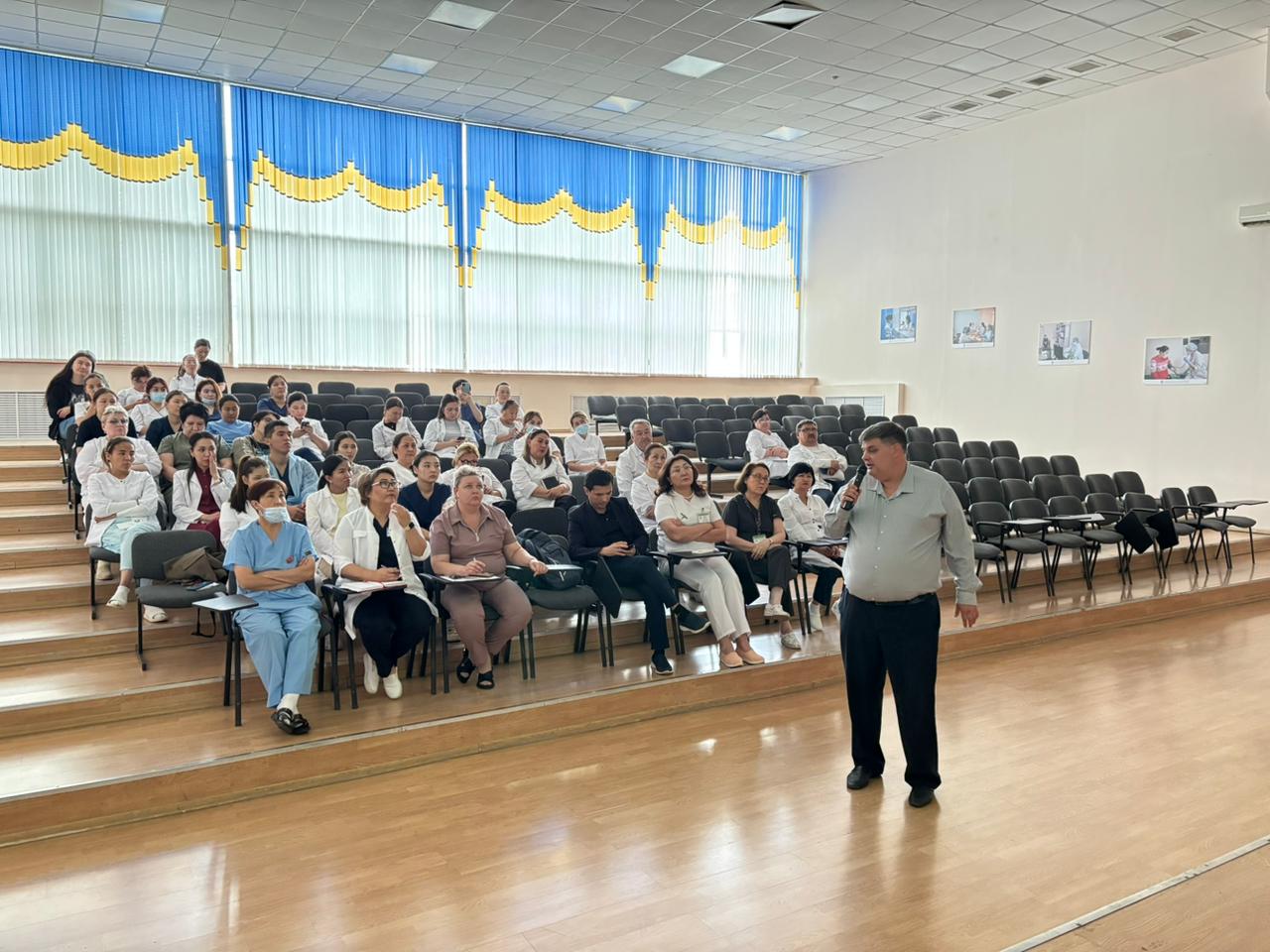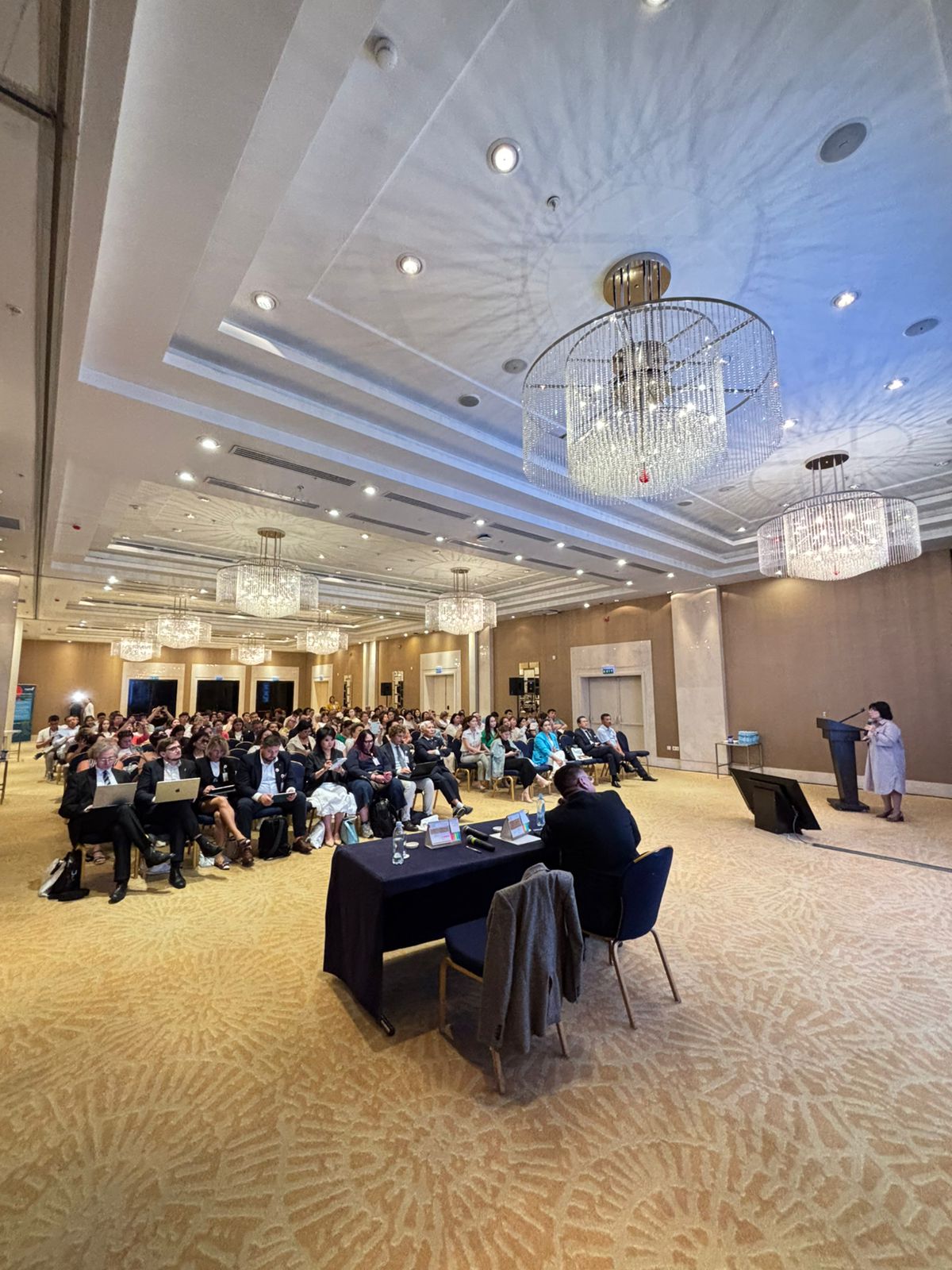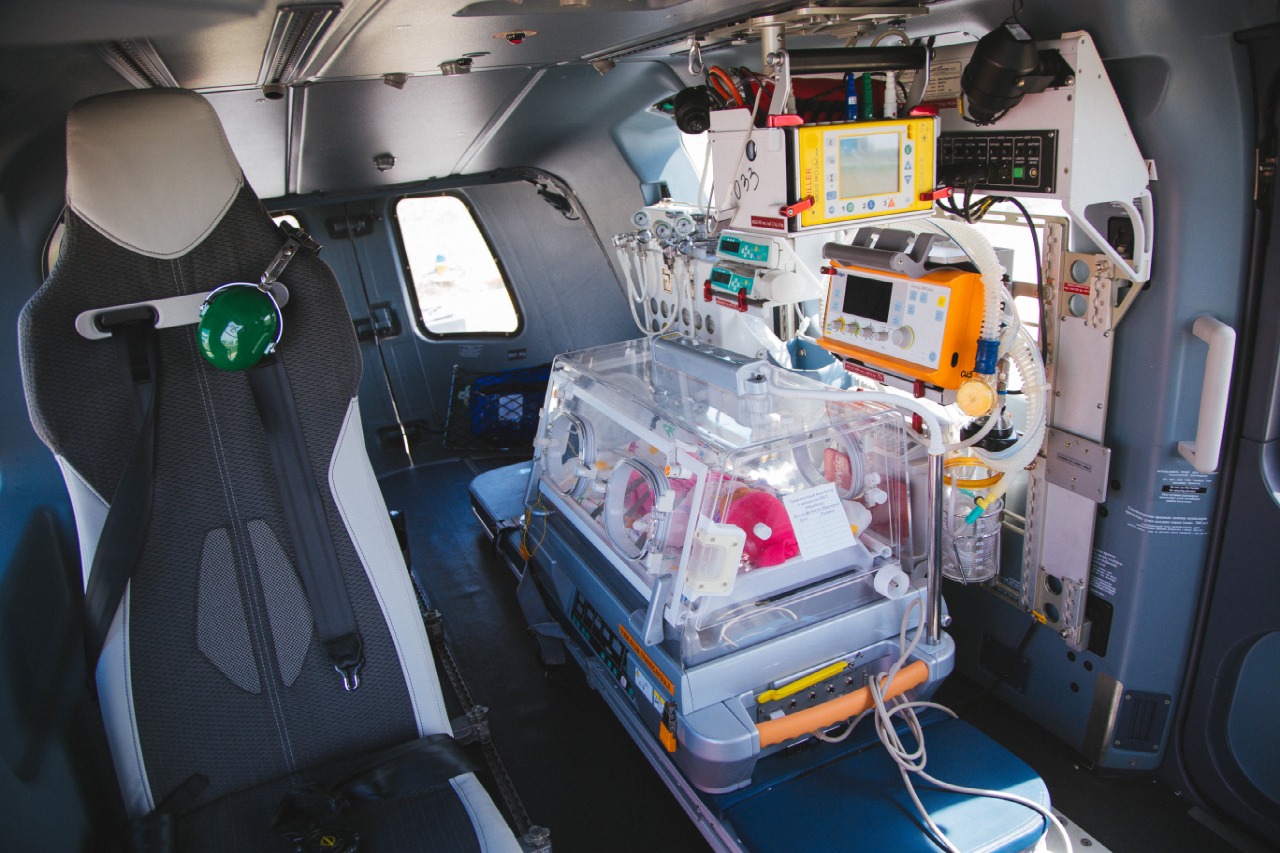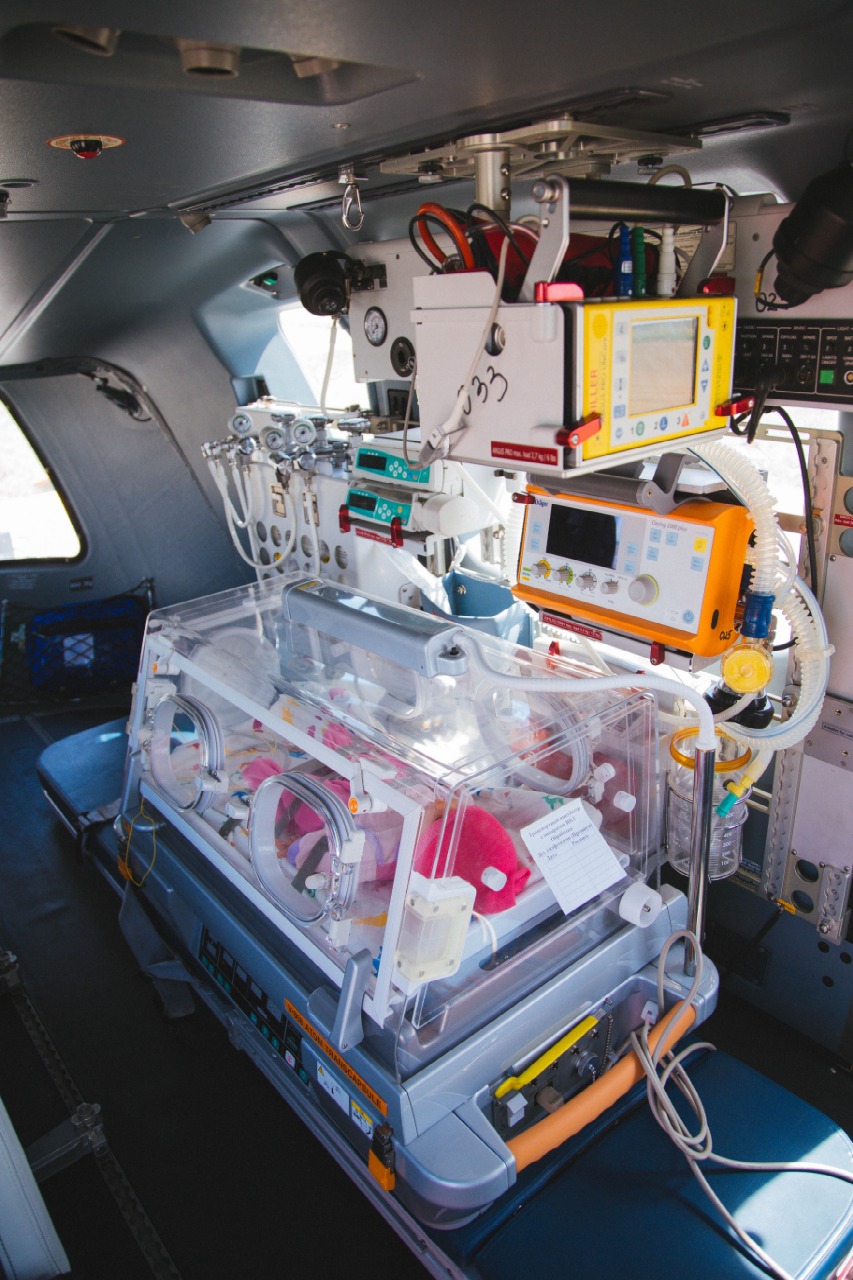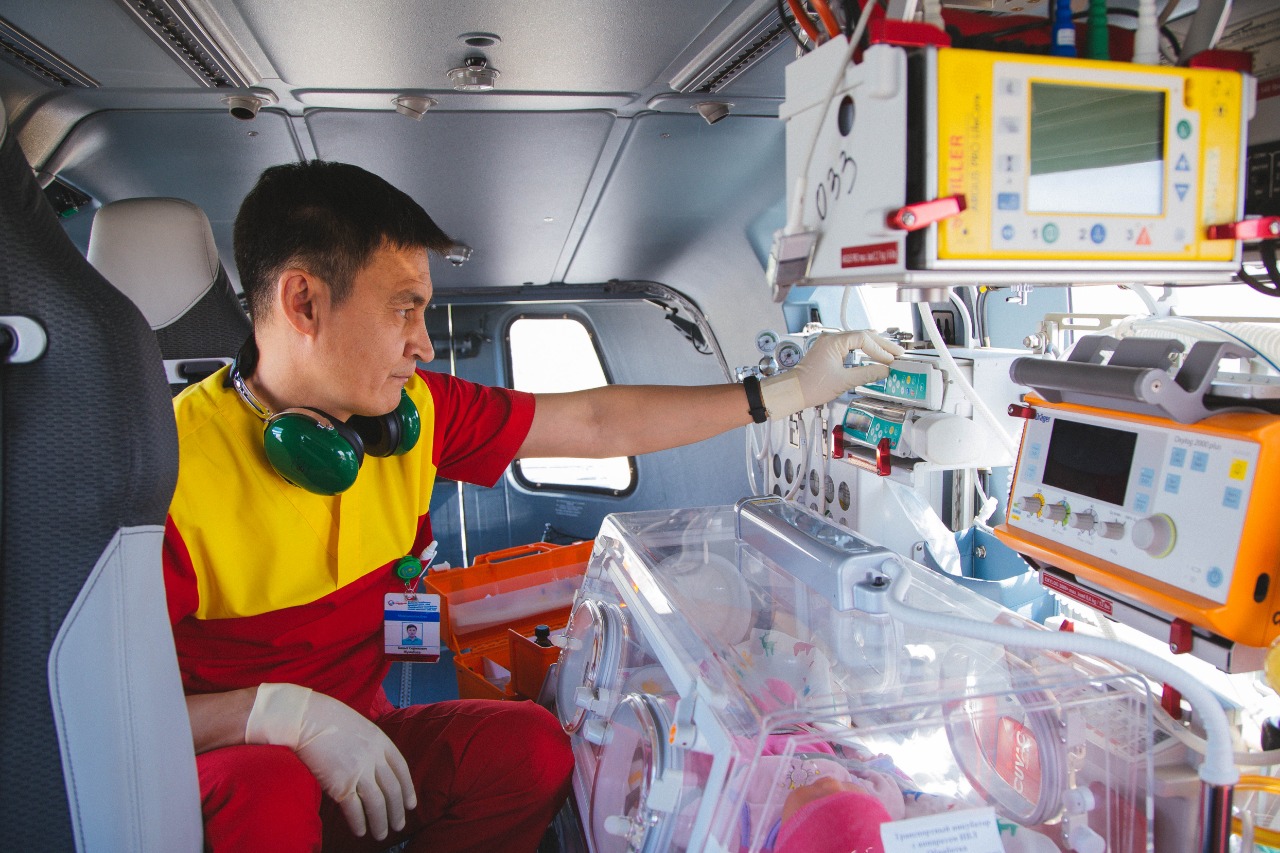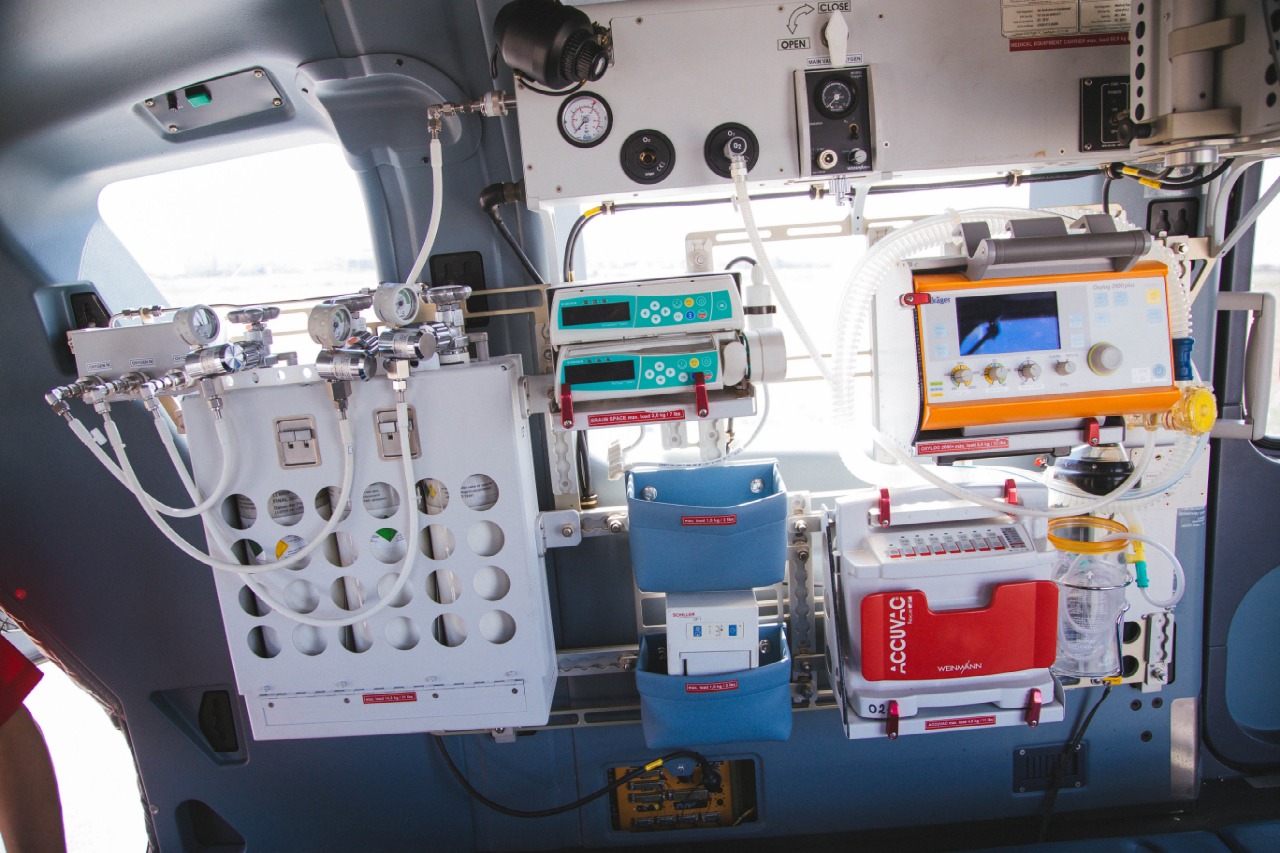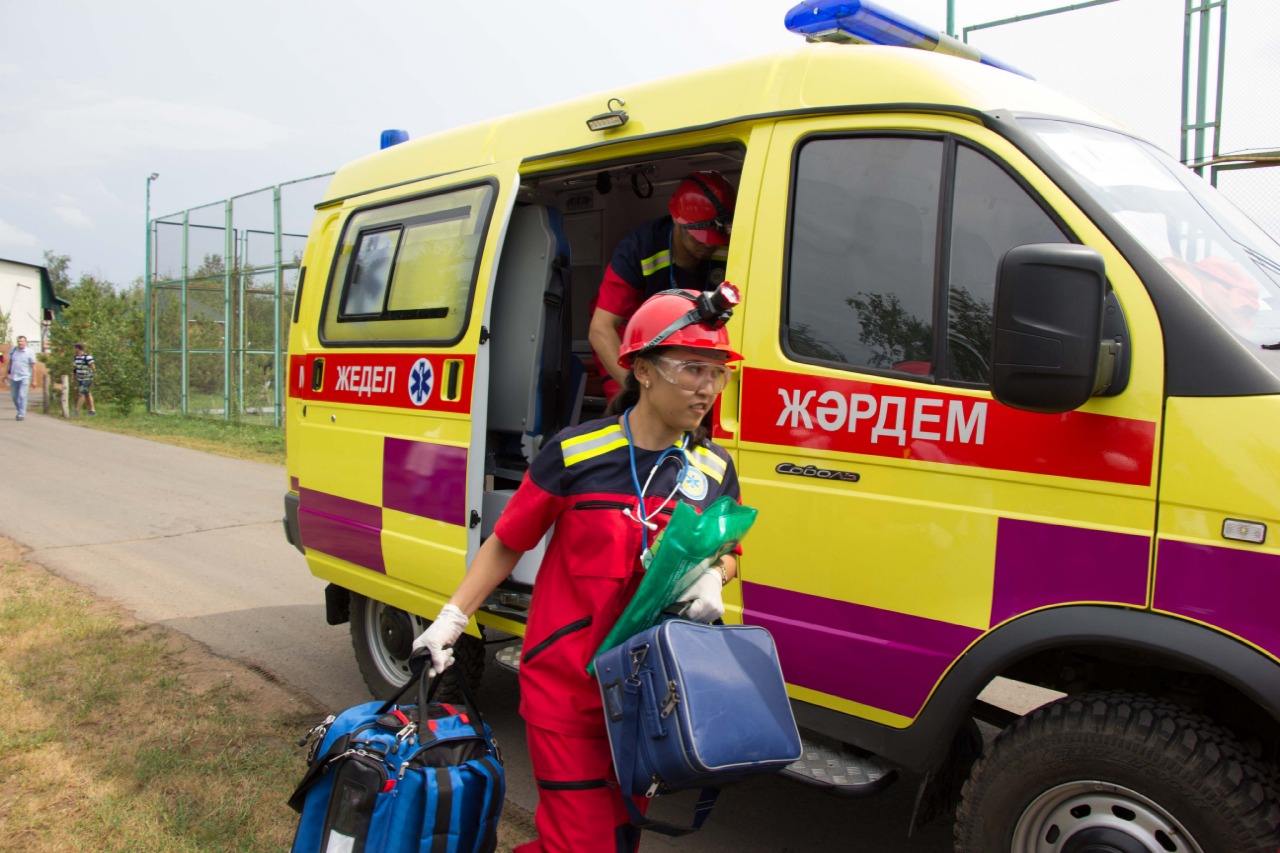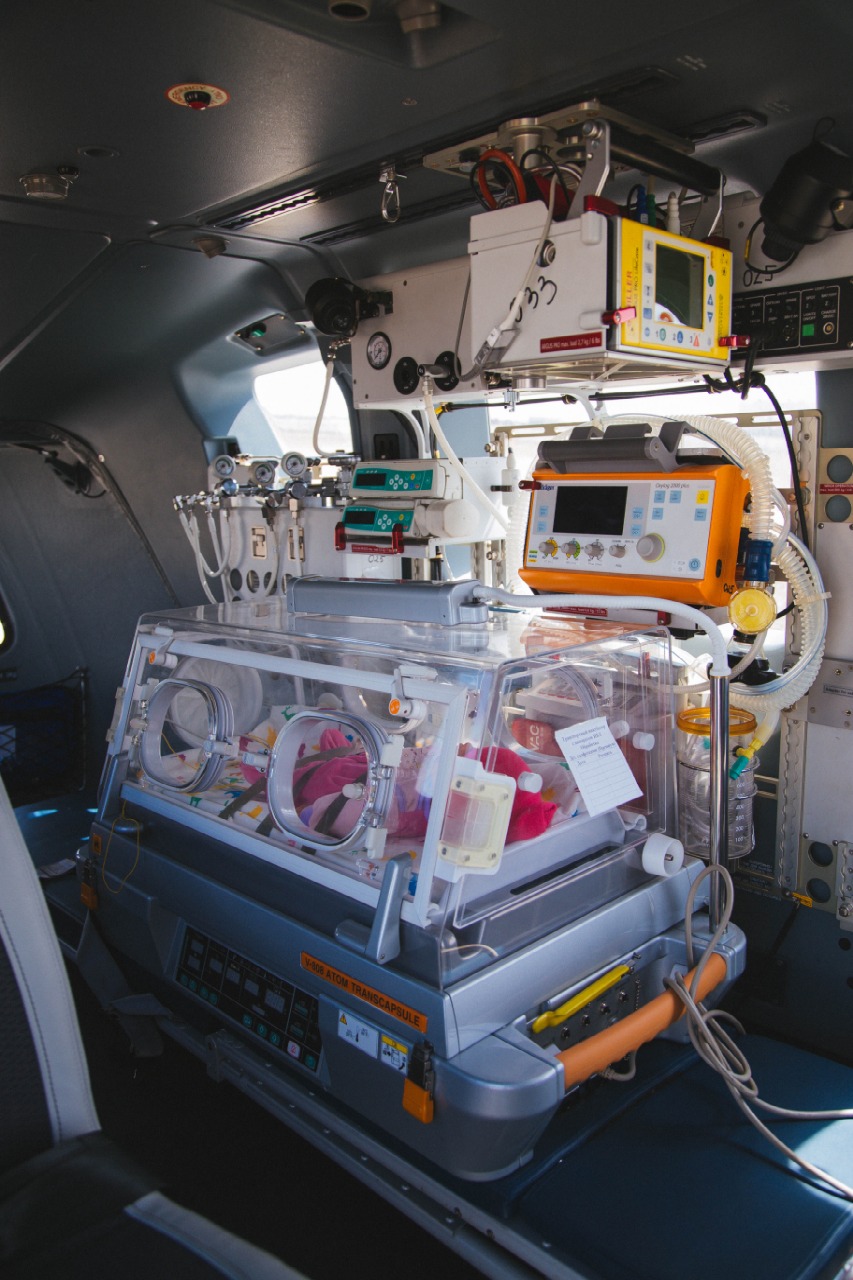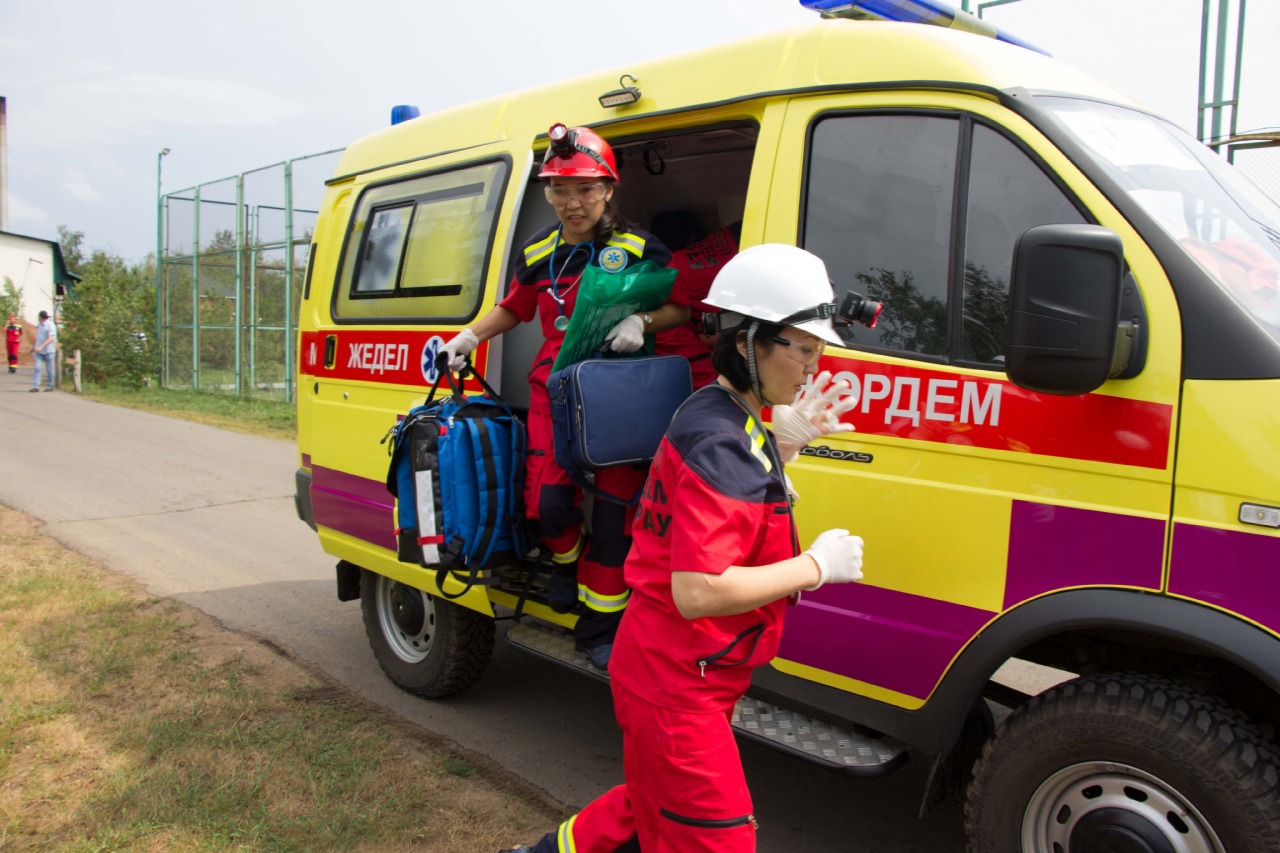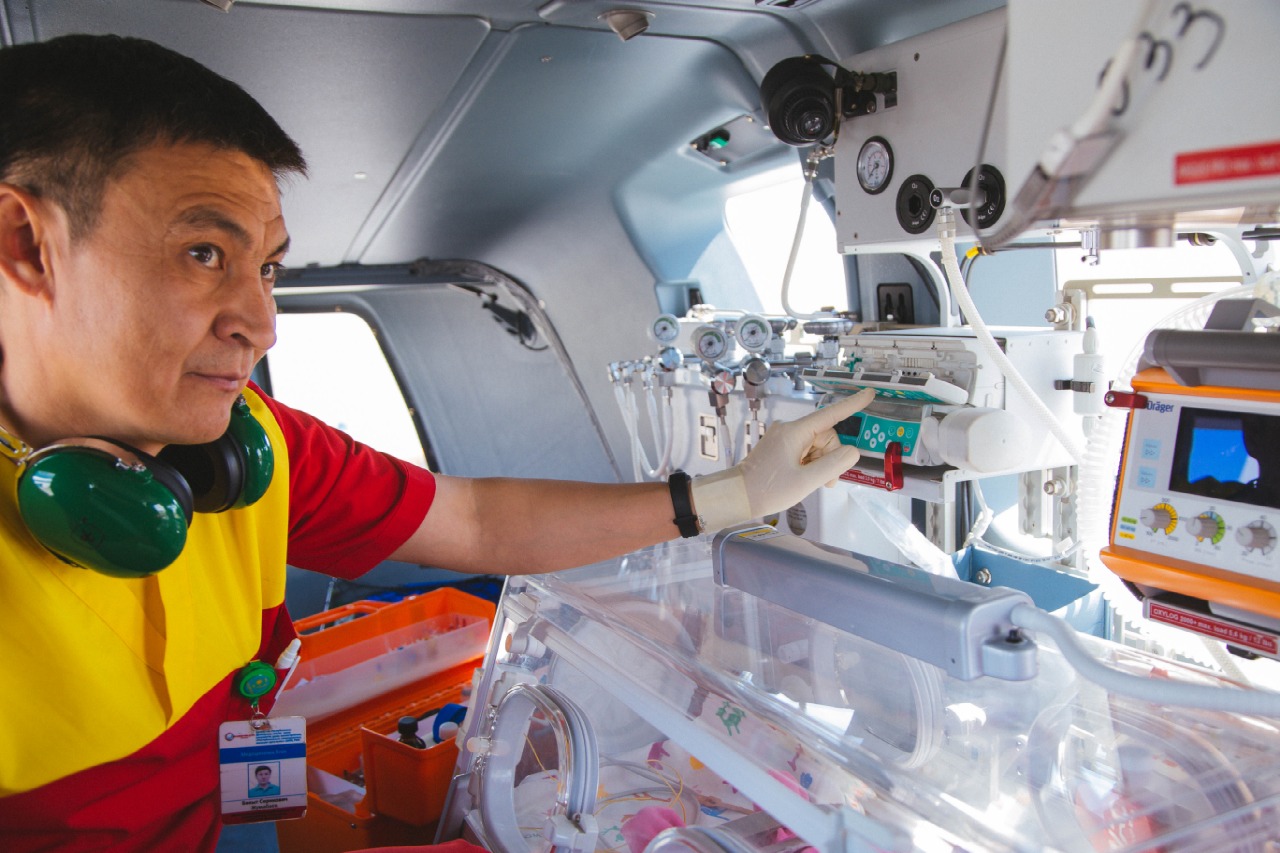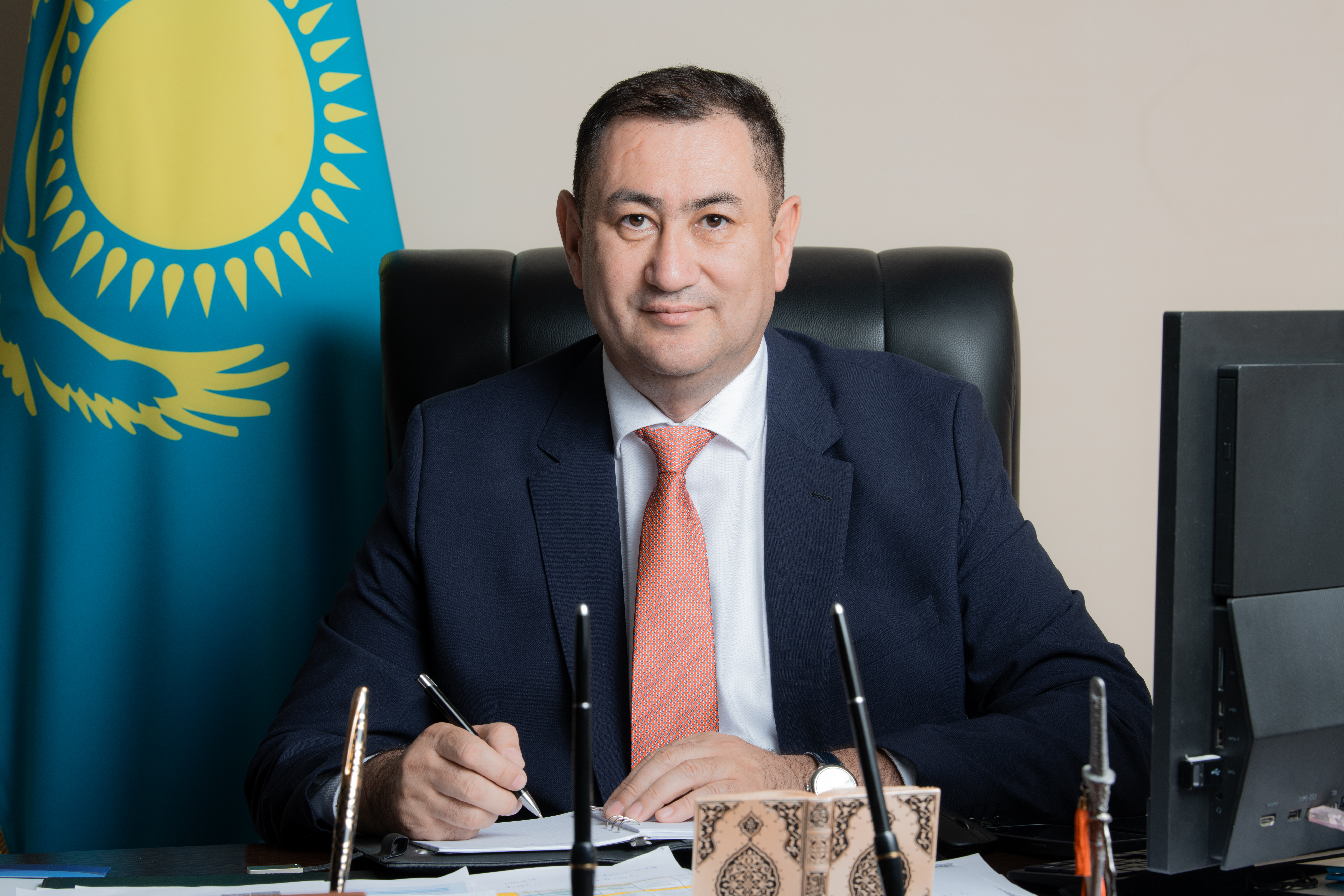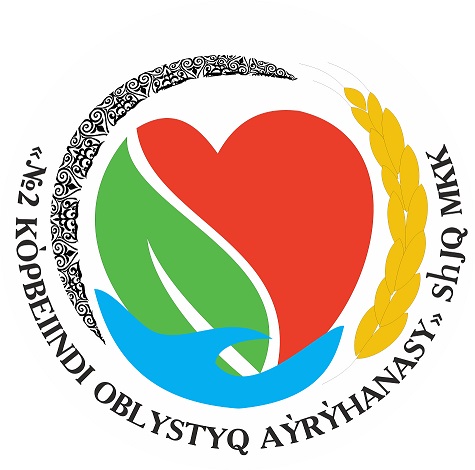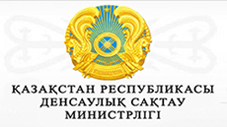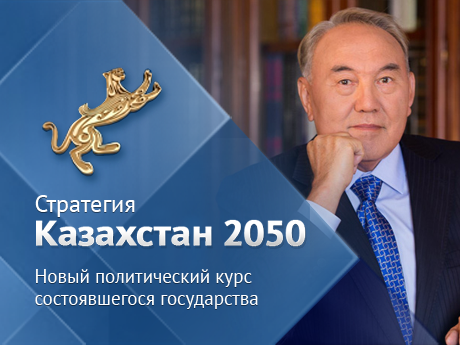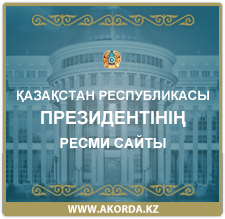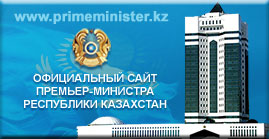Patient rights and responsibilities
- Category: Uncategorised
Patient and family rights and responsibilities memo
NCCEM patients and their families have the right for:
- Respect for the cultural, personal, religious, spiritual values and beliefs of the patient and his family.
- Privacy and non-disclosure of confidential information constituting medical confidentiality, within the framework of the law. The patient has the right to refuse photo/video/audio recording.
- Obtaining the guaranteed volume of free medical care, in accordance with the legislation of the Republic of Kazakhstan, as part of the provision of medical services by air medical service.
- Compliance with quality standards.
- Submit appeals and make suggestions.
- Participate in the process of treatment and care through continuous education, the choice of alternative methods, as well as the refusal of medical care and transportation.
- National coordination center for emergency medicine takes measures to protect patients’ property from theft or loss of personal belongings within the established responsibility.
- Protection from physical violence (children, disabled people, the elderly and other persons belonging to vulnerable groups receive adequate protection).
- Being informed about their rights and obligations in an acceptable form and in an understandable language.
Patient and family responsibilities
- Show respect when communicating with healthcare professionals.
- Provide the specialists of the air ambulance crew with all information necessary for the diagnosis and the disease progression.
- Timely inform the employees of the air ambulance crew about changes in their health status in the process of providing medical care and transportation, as well as in cases of diseases that pose a danger to others or suspicions of them.
- Do not commit acts that violate the rights of other patients.
- Follow the recommendations of the air ambulance crew.
- Not to leave the patient (child, person under care) unattended.
- Follow all safety rules for air and ground transportation, take care of the property of the air ambulance crew and cooperate with medical personnel.
A variety of resources are available for patients seeking information and assistance. In addition to obtaining consultations from the air ambulance crew, patients can:
- comment on the quality of medical services provided during transportation in an air ambulance;
- leave a written review / complaint in the register for requests and suggestions;
- all MBMA aircraft have a QR code that, after scanning, directs to a website where you can leave an assessment about the quality of medical services provided during transportation through medical aviation;
- call the helpline at 8 (7172) 709-713; ext.21-01 (from Mon. to Fri., from 9.00 a.m. to 18.00 p.m., except holidays and weekends). On holidays and weekends, requests are registered by Dispatcher Service employees. Dispatch service Tel. 8(7172) 701-702.
- leave a review on the NCCEM website https://emcrk.kz (the "Write to us" tab) or by email This email address is being protected from spambots. You need JavaScript enabled to view it.
For staff
- Category: Uncategorised
Code of ethics
Business etiquette and corporate culture
Compliance with the Code of business ethics is mandatory for all executive officers and employees of National coordination center for emergency medicine regardless of their position. Code of business ethics was devised in order to maintain a unified corporate spirit and culture based on high ethical standards of conduct. The Code of business ethics sets out the same values, ethical principles and standards of conduct both within the organization and with external partners.
The following requisite skills are appreciated in employees of National coordination center for emergency medicine and in their work: focus on achieving strategic objectives, professionalism and will to improve, initiative and proactive attitude, discipline and responsibility, mutual support, providing assistance to junior specialists.
Employees of National coordination center for emergency medicine are not entitled to accept payments, gifts or services from individuals and legal entities for the performance of their duties, except for the generally accepted forms of courtesy and hospitality, as well as during protocol events and other official events. Conversations, especially over the phone, should be conducted in a calm and polite manner.
Mobile phones must be switched off or in silent mode during meetings
Medical ethics and deontology
- Medical worker should not expose the patient to unjustified risks; choosing the method of treatment should be guided by the "Do no harm" concept.
- Medical worker must respect the honor and dignity of the patient, treat him / her kindly, respect rights to personal secrecy, approach with understanding the concern of relatives and friends about the patient's condition, must not interfere in the private affairs of the patient and family.
- Medical worker has no right to impose religious and political views on the patient.
- Self-promotion is unacceptable when communicating with a patient.
- Prevent facts of extortion from the patient for the services provided.
- Personal prejudices of a medical worker and other non-professional grounds should not affect the provision of medical care.
- A medical worker does not have the right to conclude property transactions with a patient, to use his / her labor for personal purposes, as well as to engage in extortion and bribery taking advantage of his position and of the emotional state of a patient.
Ethics of conducting telephone conversations for employees of the operator unit of National coordination center for emergency medicine:
- Employees of the operator unit of National coordination center for emergency medicine regardless of their position (senior doctors, paramedics-operators), when conducting telephone conversations with patients, business partners, should remain calm in any situation and never express their dissatisfaction with the interlocutor's behavior.
- Operator unit officer should be extremely polite in their intonations. It is not acceptable to hint at the rudeness, slowness or talkativeness of the interlocutor. When talking to non-medical professionals, professional terminology should not be used.
- Operator unit officer is always attentive to his interlocutor. He / she makes sure that the interlocutor is comfortable with the information in terms of content, speed, volume and emotional atmosphere.
Appearance (dress code)
The following appearance standards have been established at National coordination center for emergency medicine for medical personnel regardless of their position: cotton surgical overalls with antibacterial impregnation, a vest with a hood made of a mixed fabric with cotton, a suit made of a mixed fabric with cotton, a cotton medical gown with antibacterial impregnation. Main color for medical workers - red with yellow inserts, for ambulance drivers - dark blue with a reflective line, for nurses - purple without inserts.
Administrative and managerial employees of National coordination center for emergency medicine must strictly adhere to a business style in choosing clothes, shoes and hairstyles while performing their official duties regardless of their position. Business style is a conservative dress. The formal business style implies a formal suit and classic shoes with a minimum of accessories.
Each employee must have a badge indicating surname, name, patronymic and job title.
ABOUT US
OUR MISSION: Provision of emergency medical care by improving its quality and accessibility for the population of the Republic of Kazakhstan.
VISION: Effective cluster of emergency medical services based on a patient-oriented approach, continuous development, improvement of the quality and safety of patients, implementation of national and international standards with the use of an educational component.
GOAL: Improving the quality and availability of emergency medical care using air transport to reduce mortality and disability rates in the Republic of Kazakhstan
OBJECTIVES:
• Organization of emergency medical care to the population of the Republic of Kazakhstan using air transport (medical aviation);
• Organization and coordination of activities of regional medical aviation departments;
• Development of emergency medicine in the Republic of Kazakhstan based on international standards;
• Coordination of the ambulance service in the Republic of Kazakhstan.
Educational and training center
Chairman’s blog
Photo gallery
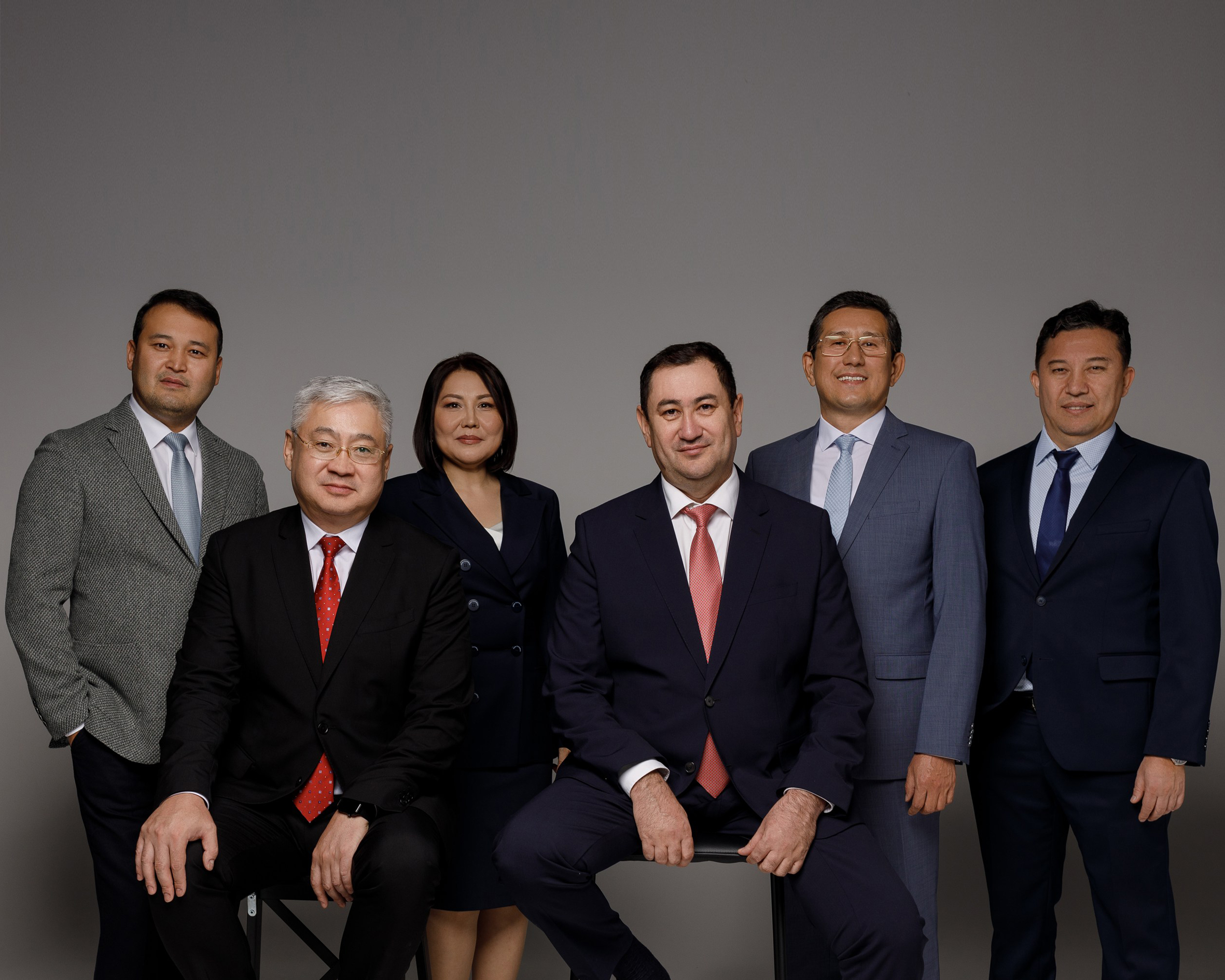







Partners
Useful links
CosmoWeb - Создание сайтов в Астане
